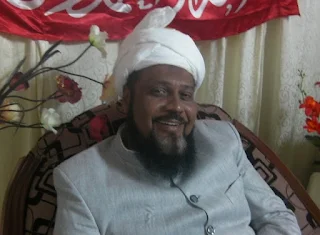Cleanliness is not a
secondary issue. Islam has placed much importance on cleanliness as it is
considered an integral part of our faith. The Holy Prophet (pbuh) said: “Purification is half of faith.” (Muslim).
It is also said in the Quran:
“Allah does not intend to make difficulty for you;
He only wants to purify you and complete His favour upon you, that you may be
grateful.” (Al-Maida, 5: 7).
And it also mentions that “Allah loves those who repent and who purify themselves.”
(Al-Baqara 2: 223).
However, cleanliness applies
not only to the body but it also relates to our environment. The Holy Prophet
(pbuh) challenges us: “Keep clean the
area in front of your house so as not to offend passersby.”
Also, do not forget that our behaviour is a reflection of Islam. Others judge our religion through our behaviour. Some believe that a well-kept house is a waste of time and is quite unimportant in the eyes of Allah (swt). Now we have just pointed out that it is not.




